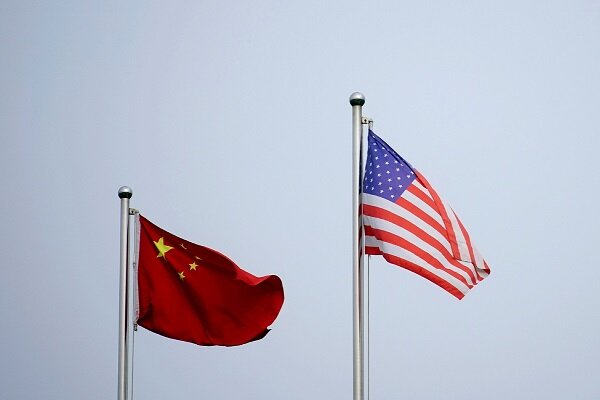In these days and age, an overwhelming majority of international political economy analysts are in this view that, technology plays a considerable role in the struggle for power and wealth in the international system, and whenever the word come to technology all minds have their focus on two powerful countries the USA against China.
For the first time, George F. Kennan as an American diplomat proposed a containment policy against the East bloc, this policy was accepted by bipartisan and was carried out by Truman and all of The US presidents during the cold war. Nowadays due to the close economic and technological competition between the US and China.
The new version of that policy is also accepted by bipartisan. This policy in the field of information and communication technology translates to put more limits on the export of technology, promoting high-tech in American territory, and developing technological cooperation with the aligned United States to balance Chinese power in the digital field.
After Trump's defeat in the US presidential election and when the power comes to Biden’s hand, many experts raised the question that “is it possible the American Strategy of technological containment against China would be changed? Some professionals had believed that the policy of the new government of American would be cooperative toward china but those who are not in this idea, some experts said the US policy against Chinese technological development is designed and approved by bipartisan.
Apparently, it seems that the second opinion would be correct. Because Biden administration continues containment policy and put pressure on the international operation of Chines Companies. However, US president Joe Biden withdrew a series of Trump administrative orders such as the ban on Tik Tok and We Chat but he signed new orders calling for the Commerce Department to launch a national security review of applications with links to foreign opponents including China.
In June 2021, the US Senate passed legislation named the US innovation and competition Act of 2021 and wanted to boost US technology in competition against China. According to the Act, the US would invest more than 250 billion dollars into American semiconductors manufacturing, establishing regional hubs, boosting the national science foundation, and promoting 5G technology.
Recently, The US has placed three companies and four branches of China National supercomputing center on an export blacklist. The Chinese institution is Tianjin Pythium Information Technology, Shanghai High-Performance Integrated Circuit Design Center, Sunway Microelectronics, and the National Supercomputing Center branches. The US is worried that China obtains such technologies that help them to bridge the gap with the US military that could change the balance of power in the indo- pacific, also this ability could help china's overhand in cyberspace.
One of the other plans was planned by two technology giants of American. Facebook and Google have plans to build undersea cables that will connect Singapore and Indonesia with America. As we know, these cables carry voice and internet traffic between countries and doing an important role in cyberspace and countries have been completed to obtain them to strategic and economic goals.
It seems financial objectives in the profitable market furthermore increasing the US presence in the southeast region are two significant goals of the American companies. Reducing of appearance of Huawei in The US and its alliances is another economic containment policy that has been accepted in the US and the Biden administration wants to keep pressure on the technological giant.
The strategy of containment of technology and economic against china is accepted by the Republicans and Democrats and is carried out by their tactics and short-term policy. From my point of view, technological containment against China will be continued but this policy will be faced with challenges by the American company and a lot of US alliances. For instance, also, Japan and the US recently are establishing a working group for more coordination on export restrictions to China, the restriction on the export of semiconductors to China will hurt the US Company such as Qualcomm.
To add more, the US has been unable to convey all of its allies like Hungary, the Netherland, and the United Arab Emirates to ban Huawei. As we know one of the key elements of American leadership in international relations in the information age is information technology innovation that is challenged by China, the US attempts to avoid from Chinese plan to bridge this digital gap but it will be a challengeable and controversial policy.
By: Mahdi Pourhasani

























Your Comment